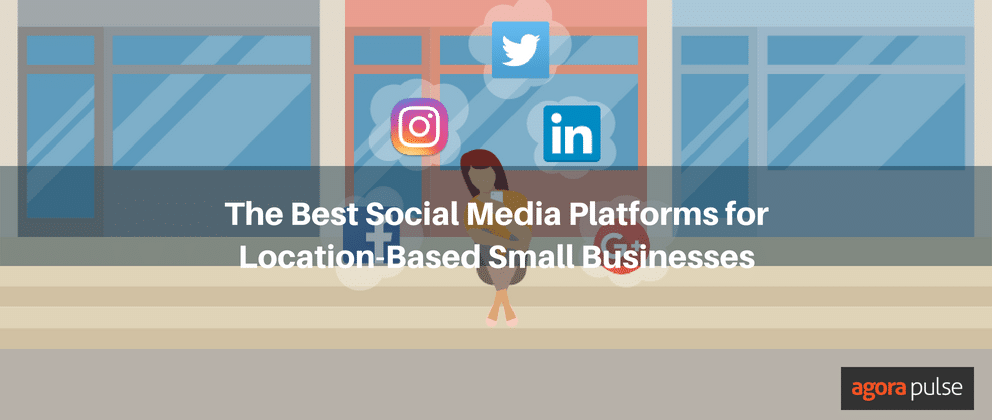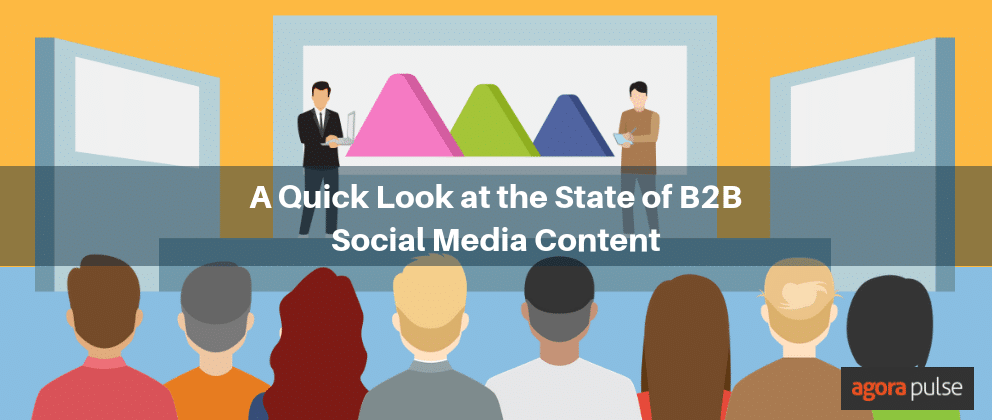Every person reading this blog is now a participant in social media. After all, this is written by an individual, not broadcasted at you by a traditional media company, and thus is a true example of user generated content. As we become users of social media, whether through finding old friends on Facebook or connecting with new colleagues on LinkedIn, social media is slowly becoming part of our daily life. And if we have ever been in a job search, social media becomes increasingly important for us to utilize as part of both an online and offline networking strategy. Have you ever thought about monetizing your social media presence?
The Internet introduced to us new names, Amazon to begin with, that utilized the Internet as their entire platform. Amazon never had a retail brick-and-mortar outlet and still doesn’t. If the Internet can be used as a platform for business, why can’t social media? Obviously, Facebook, LinkedIn, and Twitter themselves are companies that couldn’t exist without us, the user, providing content to them and sharing it with others. How can we start leveraging these social media platforms to either help expand our small business or drive a new entrepreneurial idea to monetizing fruition?
We can, both you and I. Why? Because just as the Internet leveled the playing field when it appeared, Web 2.0 and social media are re-levelling that playing field allowing small businesses and solo entrepreneurs to compete with companies that have a larger presence in real life. Why?
Social media was created for and is about people, not businesses. It is about becoming an Influencer and a Thought Leader and winning the trust of people. And when you achieve that, which is possible through your expertise and authentic sharing of information and Paying It Forward, a blogger like Chris Brogan can become a New York Times bestselling author overnight.
What does that mean for you and me?
We are in the era of the Portfolio Career. You may want to dabble at monetizing your social media presence while working full time somewhere else, for instance.
Whether you are in transition and trying to make ends meet, an entrepreneur with a passion and a great idea, or a small business that is truly providing value to their customers, through social media you can exponentially increase your reach and, with that over time, your sales.
Here Are 5 Social Media Marketing Mistakes to Avoid
1. Is Your “Strategy” Too Broad?
A mentor that I respect from a previous company once told me “A strategy is almost about deciding what not to do as it is what to do.” If a business wants to get strategic about social media, you can’t be everywhere and do everything at once.
If your strategy dictates that you need to have a YouTube channel, host a Podcast, create a SlideShare channel, launch several Twitter accounts and multiple LinkedIn groups, and create a compelling Facebook Page, etc. And for some companies Reddit Marketing will work best.With so many options, make sure you have a link in bio set up to consolidate them all.
On top of all of that, consider
- what exactly your objective is
- where your target audience is
Digital customer journeys have become very complicated. Do some strategic analysis and you should figure out what things you don’t necessarily need to be doing.
2. Isn’t That Campaign Just a Tactic?
I’ll say it straight out: Social media is a commitment, not a campaign. I met with a local business reporter who lamented about the fact that most brands that he covers approach social media, through their digital agencies or PR firms, as just another channel to launch a campaign on.
What happens after the campaign ends and the buzz on the Facebook Page or Twitter hashtag tweets continue? Nothing. The consumer is left hanging. I do believe there is a role for campaigns as part of a social media strategy. But campaigns are the means, not the end. Start thinking long-term in your use of campaigns. Please.
3. What are You Going to Tweet?
Let’s face it: Social networking sites like Facebook and Twitter were made for people, not businesses. In this scenario, what will your business share in social media? It really comes down to the content of your conversations. What will they be?
In other words, just launching a Facebook Page and importing the RSS feed of your blogs and press releases is not a strategy in itself. It is a tactic. And a poor one at that. You need to have a content strategy, which often includes curation of 3rd party content, if you really want to engage with your potential customers and business partners in a meaningful way. Sorry, but without a content strategy you really don’t have a social media strategy.
4. Is Social Media Just about Marketing?
If your business is only thinking about applying social media to marketing, you are not thinking about it in a strategic way. Social media will overlap every part of your organization and needs to be thought of, in itself, strategically.
Take the case study of my experience with Virgin America: You can do a social media marketing campaign, but do your Customer Support people actually use Twitter? What happens when other parts of your organization aren’t ready for your campaign?
And what happens when people start communicating with your Facebook Page outside of the scope of the organization that is in charge of running it? You get the picture.
5. Does Your Business Blog?
A blog is the best way for your business to be sharing your unique and resourceful information with the public. Every company, whether you are B2B or B2C, has an endless amount of things to blog about. If getting found on the Internet is part of a social media strategy, which it probably is, why don’t more companies blog? There are several content management systems that make it doable even on a small budget. WordPress is free, Magento is highly customizable, to name a few.
There are many reasons why every business should have a blog, but I won’t bore you with them in this post. Suffice to say, before thinking about utilizing Facebook, Twitter, LinkedIn, or YouTube, look in your own backyard and start crafting some stories that can be used as, yes, part of your content strategy!
Remember, social media is not just another marketing channel; it’s a dynamic landscape that requires a long-term commitment, a well-defined strategy, and a willingness to adapt and evolve. As you navigate this exciting terrain, prioritize authenticity, focus on your target audience, and leverage the unique strengths of each platform.




